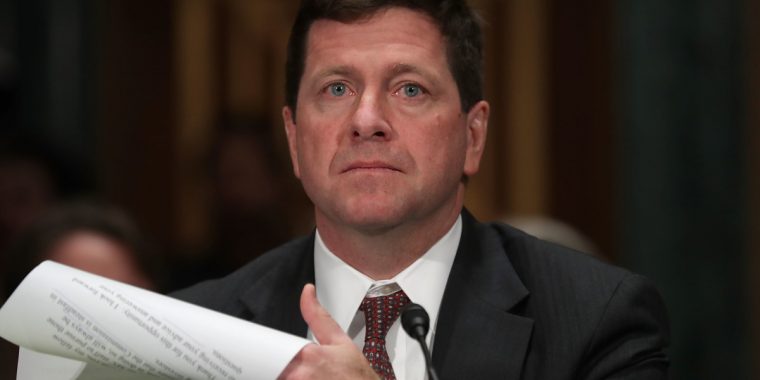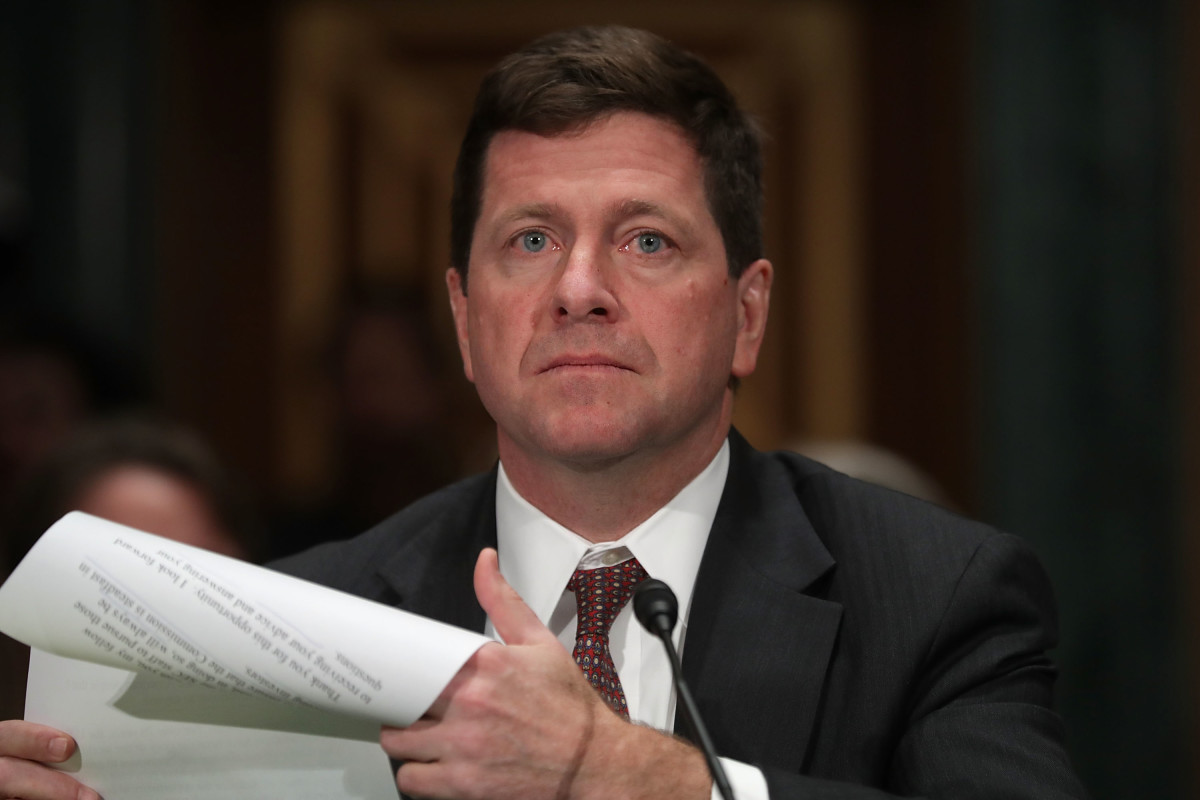(Image via Getty)
There comes a time in every lawyer’s life when they wish they could leave their firm because it feels like they’ve been there forever. Mordecai “Mordie” Rochlin, a tax and estates lawyer at Paul Weiss who retired about 37 years ago, but still worked at the firm as of counsel, was at his firm forever, and he credited the firm with enriching his very long life.
Rochlin, 107, recently passed away due to coronavirus complications (specifically respiratory failure, with viral pneumonia caused by COVID-19). According to research done by the firm, Rochlin was 20th oldest man in the country. He was just six weeks shy of his 108th birthday. Firm chairman Brad Karp referred to Rochlin as a “real treasure,” calling him the “embodiment of the history of Paul Weiss.”
Born in 1912, Rochlin was one of the oldest lawyers in New York, and until his death on October 23, he was the only person to have known and worked with all five of the name partners at Paul, Weiss, Rifkind, Wharton & Garrison.
Rochlin would spend a few days a week at the firm in his office on the 32nd floor signing checks, reading memos, and making phone calls, but would stay there for an hour and a half at most — after all, at his age, doing that kind of work was tiring. He remembered Paul Weiss history with “uncanny detail” and one of his stories appears in the New York Law Journal:
During his 107th birthday celebration last year, Rochlin also recalled the fortuitous meeting of firm partners right after the death of Louis Weiss, who worked as Marshall Field’s attorney and was the firm’s most prominent rainmaker. Rochlin, who had just been named a partner, sat on the floor of a room with the other partners at the Gramercy Park Hotel to discuss the firm’s future.
“The first question to be decided was are we going to remain as a firm despite the enormous loss of Louis Weiss,” Rochlin said. He said Simon H. Rifkind, a former federal judge who’d joined the firm earlier that year, was critical in making the case the firm could carry forward.
“It was a tremendous event in my life and the life of the firm,” Rochlin said.
At his last birthday celebration, Rochlin said, “Without the firm, I would have probably shriveled up somewhere in a nursing home and have long been put away.”
We here at Above the Law would like to extend our condolences to Mordie Rochlins’s family, friends, and colleagues during this difficult time.
Mordie Rochlin, Who Embodied Paul Weiss’ History, Dies at 107 [New York Law Journal]
 Staci Zaretsky is a senior editor at Above the Law, where she’s worked since 2011. She’d love to hear from you, so please feel free to email her with any tips, questions, comments, or critiques. You can follow her on Twitter or connect with her on LinkedIn.
Staci Zaretsky is a senior editor at Above the Law, where she’s worked since 2011. She’d love to hear from you, so please feel free to email her with any tips, questions, comments, or critiques. You can follow her on Twitter or connect with her on LinkedIn.









 Tom Kulik is an Intellectual Property & Information Technology Partner at the Dallas-based law firm of
Tom Kulik is an Intellectual Property & Information Technology Partner at the Dallas-based law firm of 
 Olga V. Mack is the CEO of
Olga V. Mack is the CEO of 


 Jordan Rothman is a partner of
Jordan Rothman is a partner of 
